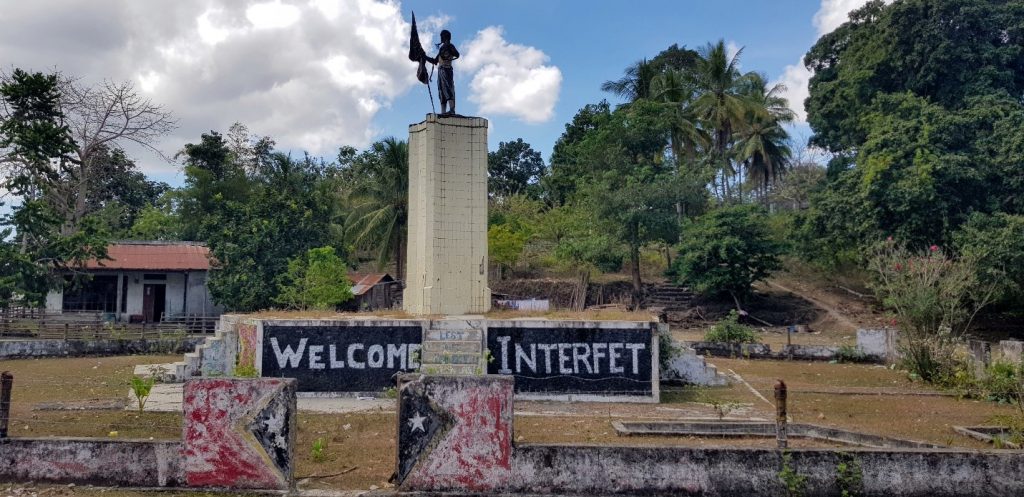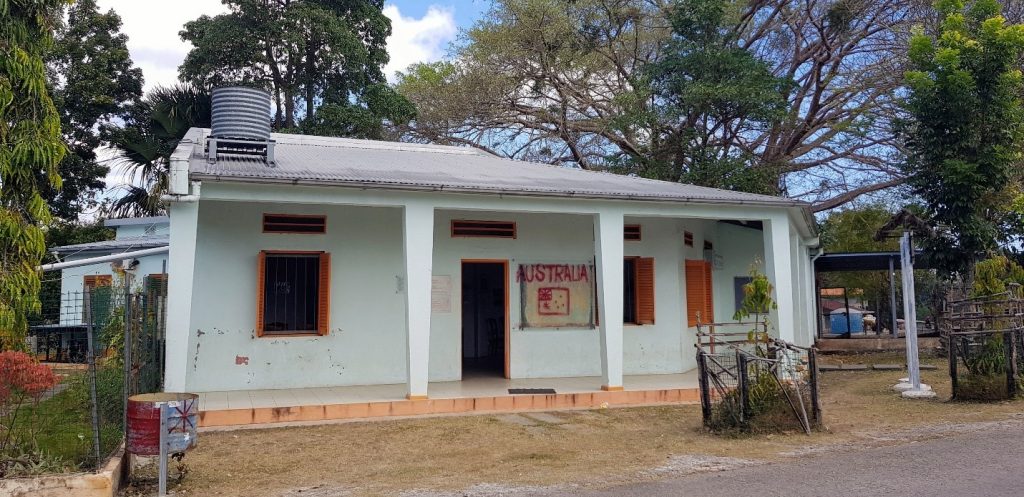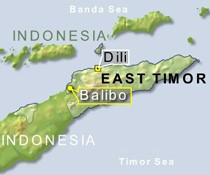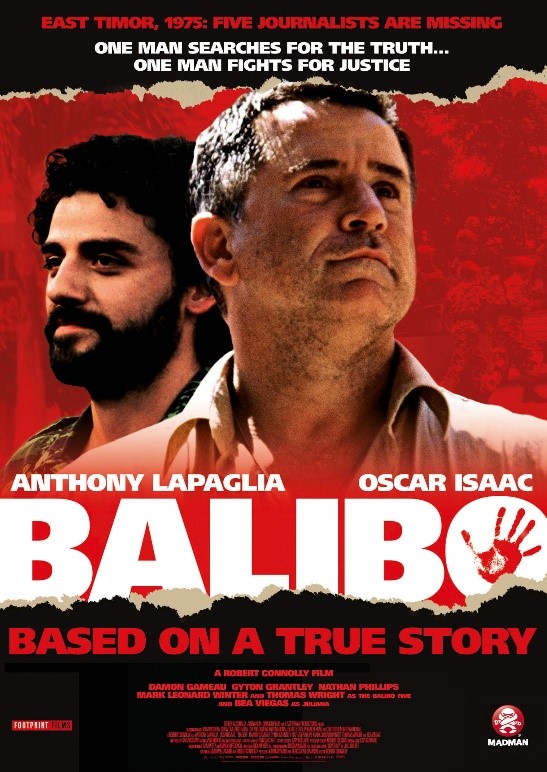The Balibo 5 incident refers to the killing of five journalists (2 Australians, 1 New Zealander, and 2 British) during the Indonesian invasion of East Timor (now Timor-Leste) in 1975. The journalists – Greg Shackleton, Gary Cunningham, Tony Stewart, Malcolm Rennie, and Brian Peters – were reporting on the conflict between Indonesian forces, and East Timorese guerillas (Fretilin) when they were killed by Indonesian soldiers in the town of Balibo on 16th October 1975.
The Indonesian government initially claimed that the journalists had been caught in crossfire, but subsequent investigations revealed that they had been deliberately targeted, and killed by Indonesian forces. The incident was highly controversial, and strained Australia’s relationship with Indonesia. For many years, the Australian government faced criticism for its handling of the case, and its reluctance to push for a full investigation. However, in 2007, an inquest by the New South Wales Coroner found that the journalists had been killed “in the course of a deliberate and premeditated attack by members of the Indonesian special forces”, and “shot and or stabbed deliberately, and not in the heat of battle, by members of the Indonesian Special Forces, including Christoforus Da Silva, and Captain Yunus Yosfiah,” who were identified as being responsible for the killings. The inquest found that Captain Yosfiah ordered his soldiers to shoot, and joined in the firing himself. One journalist was knifed to death by Da Silva after trying to hide at the back of the house.
On 8th December 1975, Australian journalist Roger East was killed by Indonesian forces at the Dili port, while attempting to cover the unfolding events in East Timor. His death is often considered to be related to the Balibo 5 incident, as he had been investigating their deaths, and attempting to locate their remains.


A movie titled “Balibo” was made in 2009, based on the events surrounding the killing of the Balibo 5 journalists in 1975. The movie was directed by Australian filmmaker Robert Connolly, and starred Anthony LaPaglia (as Roger East), Oscar Isaac (as José Ramos-Horta), Tom Wright (as Brian Peters), Gyton Grantley (as Gary Cunningham), Mark Leonard Winter (as Tony Stewart), Nathan Phillips (as Malcolm Rennie), and Damon Gameau (as Greg Shackleton).
Christoforus Da Silva is believed to be living in West Timor today. Yunus Yosfiah (now a retired General) was elected (as a member of parliament) to the Indonesian House of Representatives in 1999 as a member of the Golkar party, which was the ruling party at the time. He was re-elected in 2004, but lost his bid for re-election in 2009. He has held various positions in government, including as the Minister of Information under President Abdurrahman Wahid, and as a member of the National Intelligence Agency. He has also been involved in business, and is the founder of several companies.
The Indonesian government has never officially acknowledged responsibility for the killings, and no one has ever been charged over the deaths of the Balibo 5. Overall, the violence and conflict in East Timor during this period resulted in the deaths of thousands of people, including civilians, journalists, and combatants from both sides.
One of the Fretilin (guerilla) leaders, José Ramos-Horta was with the five journalists in Balibo on 14th October 1975. Together with Ramos-Horta and Fretilin troops, the journalists filmed a large build-up of Indonesian battleships off shore. The film was taken that day by José Ramos-Horta to Dili for dispatch to Australia; one of the last reports the journalists managed to get out. Ramos-Horta played an important role in bringing attention to the Balibo 5 incident, and advocating for justice for the journalists. He continued to campaign for justice and accountability in East Timor even after the country gained independence from Indonesia in 2002, and was awarded the Nobel Peace Prize in 1996 for his efforts in promoting a peaceful resolution to the conflict in East Timor. Today, José Ramos-Horta is the President of the Democratic Republic of Timor-Leste [now official name for East Timor (“Timor” in Indonesian and Malay means “east”; “Leste” is a Portuguese word for “east”, so “Timor-Leste” literally means “East-East”)].
The “Chinese House” (renamed Balibo House) which the 5 journalists were killed has been converted into a memorial house in the town of Balibo. The Balibo House Trust was established in 2000 to create a memorial and cultural centre in honour of the five journalists. The Balibo House, which was restored and renovated by the Trust, now serves as a museum, community center, and memorial to the journalists. It is an important cultural, and historical site in East Timor, and serves as a reminder of the sacrifices made by the Balibo 5 journalists, and the struggle for independence, and human rights in the country.

The film tells the story of the journalists’ deaths, and the subsequent cover-up by the Indonesian military, as well as the efforts of a young Australian journalist, Roger East, to investigate the killings, and expose the truth. The movie was well-received by critics, and won several awards, including Best Film at the Australian Academy of Cinema and Television Arts Awards. The film is a powerful and moving depiction of the Balibo 5 incident, and its aftermath, and serves as a reminder of the importance of a free and independent press, and the need for accountability and justice in cases of human rights violations.

Languages spoken around Timor-Leste are Tetum, Portuguese, and Indonesian. If you can’t speak these languages, being able to speak Spanish or Malay helps when travelling around Timor-Leste. Not many people (including staff in ‘local’ hotels, restaurants, and supermarkets) can speak English even though it is a “working language” in Timor-Leste. Anyone thinking of travelling independently, bear in mind that there is hardly any infrastructure for tourism. To take the stress out of travelling independently, YPT is running a tour to Timor-Leste this year.





